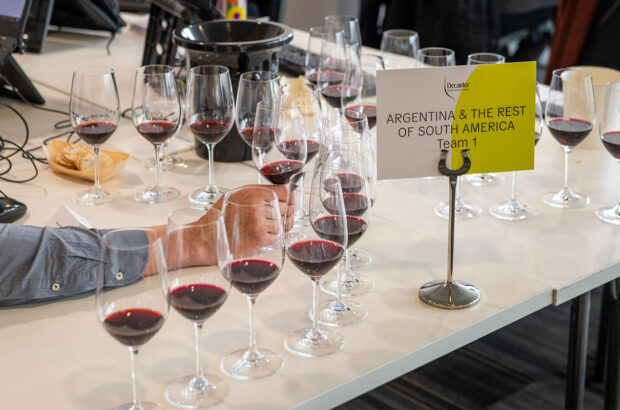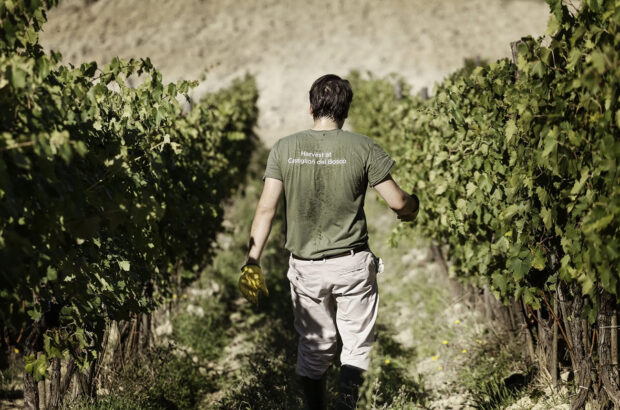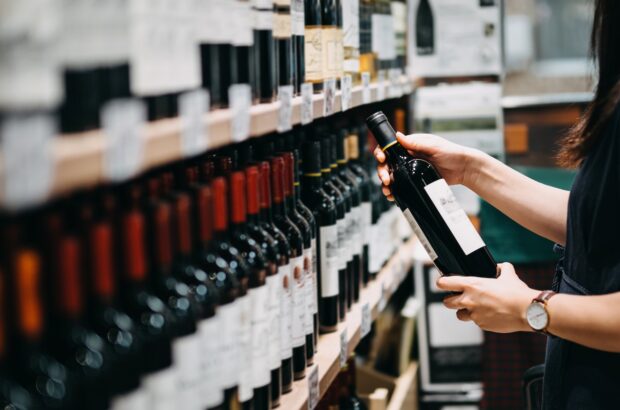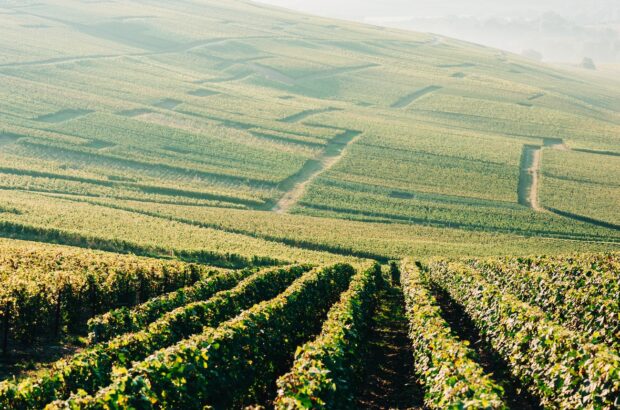A year after splitting from Foster's, Treasury Wine Estates' new chairman has confirmed the company’s strategy to focus on upgrading its business in Asia and the United States.
Grange: ‘Some wonderful premium wines out of Australia’
Treasury Wine Estates was formed in May 2011 when Foster’s completed the spin-off of its wine division, a move welcomed by at least one of its senior wine executives, Wolf Blass chief winemaker Chris Hatcher, as ‘the best thing that’s happened to us’.
Now – after what Australian newspaper the Herald Sun called ‘a long and unhappy marriage’ to the beer company, TWE needs to re-establish itself in the US and create new opportunities in Asia.
A key part of the strategy is the appointment of three non-executive directors with direct knowledge of the three continents, under the chairmanship of Paul Rayner.
The non-executive directors are Ed Chan, Garry Hounsell and Michael Cheek, residents in Hong Kong, Australia and the US.
Chan is a former CEO and president of Wal-Mart China, Cheek has experience in the multinational spirits industry, and Hounsell is a director of Qantas and Orica.
Rayner is a director of Centrica and Qantas, and has extensive executive experience in the tobacco industry.
‘The appointments confirm the strategy, which is that we have seen quite good growth in Asia for premuim brands, and specifically we see opportunities in China,’ Rayner told Decanter.com.
The US market, he added, ‘hasn’t performed that brilliantly over the last few years and we need to improve our profitability. We need more presence in the market, and to cover all the price points. I think we can do that better than we have in the past.’
TWE’s strategy in China will be to push the premium and icon brands, particularly Grange and top Penfolds wines like the premium Bins and St Henri. Wolf Blass ‘at mid-range price points’ will also be promoted.
‘There has been major growth in the market for French premium wines; what we need to do is to ensure the Chinese market understands there are some wonderful premium wines coming out of Australia.’
Rayner also said that there might be interest in the future in TWE sourcing grapes to make wine in China, in common with other western producers such as Domaines Barons de Rothschild (Lafite) which has planted vineyards in the northeast of the country.
‘All those things are potentially on the agenda and may be looked at further down the track, but at the moment our focus is on importing product from established wineries in Australia and the US – which doesn’t require the same level of capital investment.’
Written by Adam Lechmere







